Paris-based H’ability, a medtech startup specialised in immersive virtual reality rehabilitation, has secured €1.2M in fresh funding from business angles, including YEAST and BAMA, as well as backing from banks such as Bpifrance, Banque Populaire, and CIC.
The company will use the funds to scale its operations across France and lay the groundwork for international expansion. Additionally, the company will use the funds to focus on its technical innovation.
What does H’ability solve?
Every year in France, an estimated 150,000 people suffer a cerebrovascular accident (stroke), i.e. 1 stroke every 4 minutes.
Approximately 25% of victims are under 65 years old and there are 500 to 1000 childhood strokes per year in France.
Hemiplegia, a common after-effect of stroke, causes paralysis on one side of the body due to brain damage. Over 80 per cent of stroke survivors face challenges with their upper limbs, making rehabilitation vital for recovery.
Mirror therapy is an effective method that utilises brain plasticity to improve motor function but is often overlooked because patients find it tedious.
Keeping patients motivated is essential for their long-term progress.
And here’s where H’ability comes into play
H’ability: VR solution designed for people with hemiplegia.
Led by Marie-Odile McKeeney, the French company has developed a virtual reality solution designed for people with hemiplegia, making home rehabilitation engaging and accessible.
The platform offers various mini-games in themes like adventure, action, and sports, allowing patients to challenge themselves daily as they recover.
H’ability’s wireless virtual reality rehabilitation system was co-developed with medical professionals, and designed to support patients undergoing physical and neurological recovery.
At the heart of the system is a hand-tracking VR headset that allows patients to perform therapeutic exercises in a fully immersive, controller-free environment.
Patients interact with virtual objects—such as balls, utensils, or meal trays—encouraging them to replicate real-life actions within a gamified, low-stress context.
The system also combats kinesiophobia—the fear of movement due to pain—by reintroducing meaning to physical actions through interactive “serious games.”
A web-based platform complements the headset, giving physiotherapists real-time tools to customize and monitor sessions. The setup supports a wide range of rehabilitation needs, including post-stroke therapy, spinal injuries, and traumatic brain injury recovery.
The company’s VR technology has been deployed in renowned healthcare institutions, including the University Hospital Centre (CHU) of Angers, Capucins Specialized Rehabilitation Centers, COS Pasteur 2 in Troyes, and Jacques Calvé in Berck-sur-Mer.
Marie-Odile McKeeney, CEO of H’ability says, “Since our inception, we have surrounded ourselves with ambitious partners – scientific, technical, and financial – who, like us, believe in the power of technology to transform rehabilitation and make it accessible, a vision shared far beyond France. I’m proud of the H’ability team, of how far we’ve come, and of our partners, and I can’t wait to roll out our vision.”



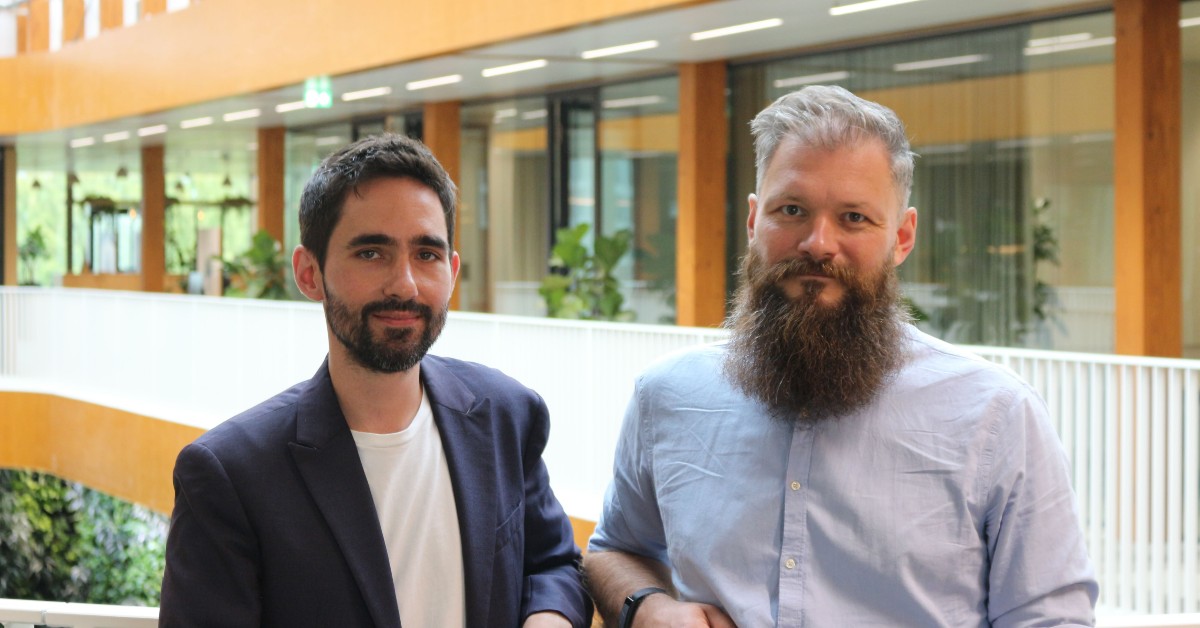

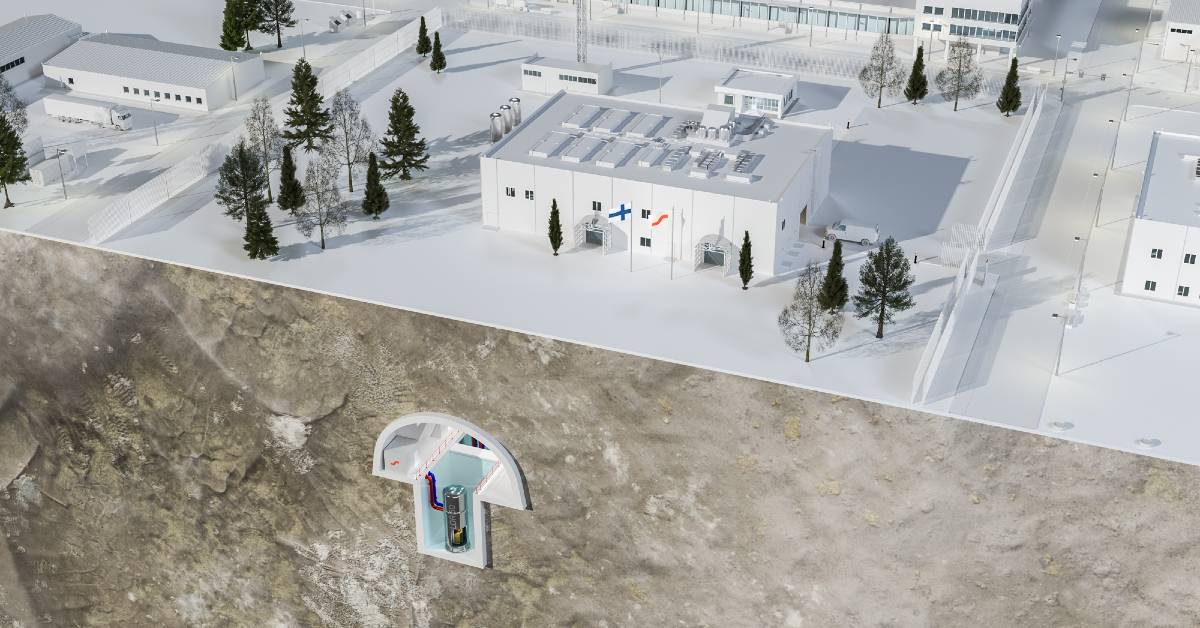
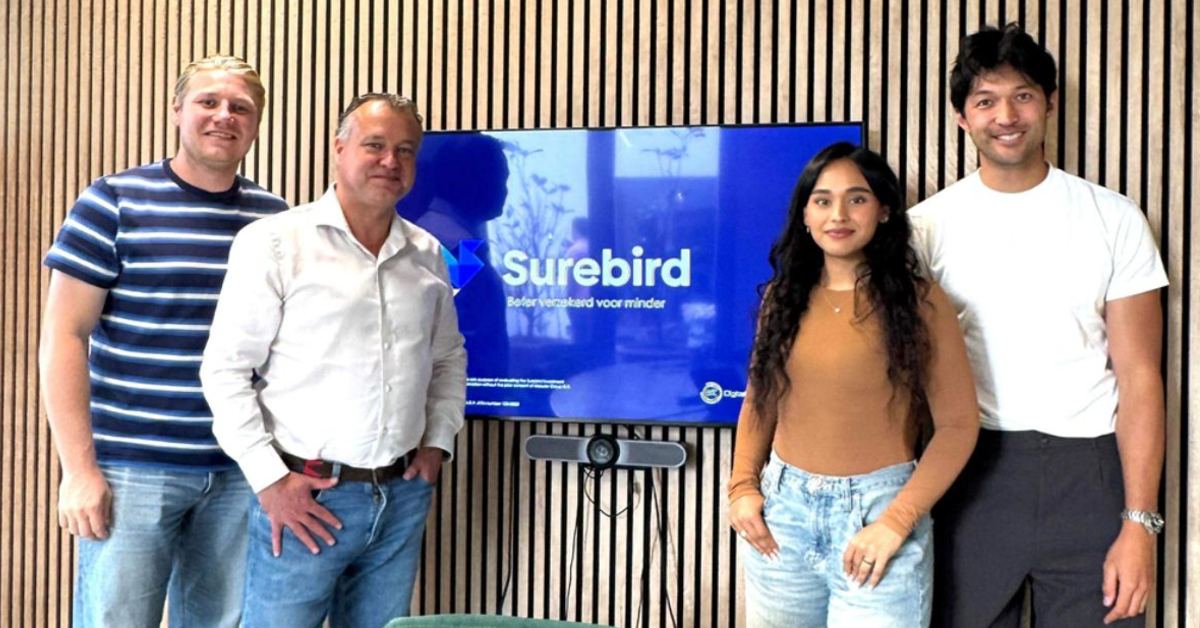
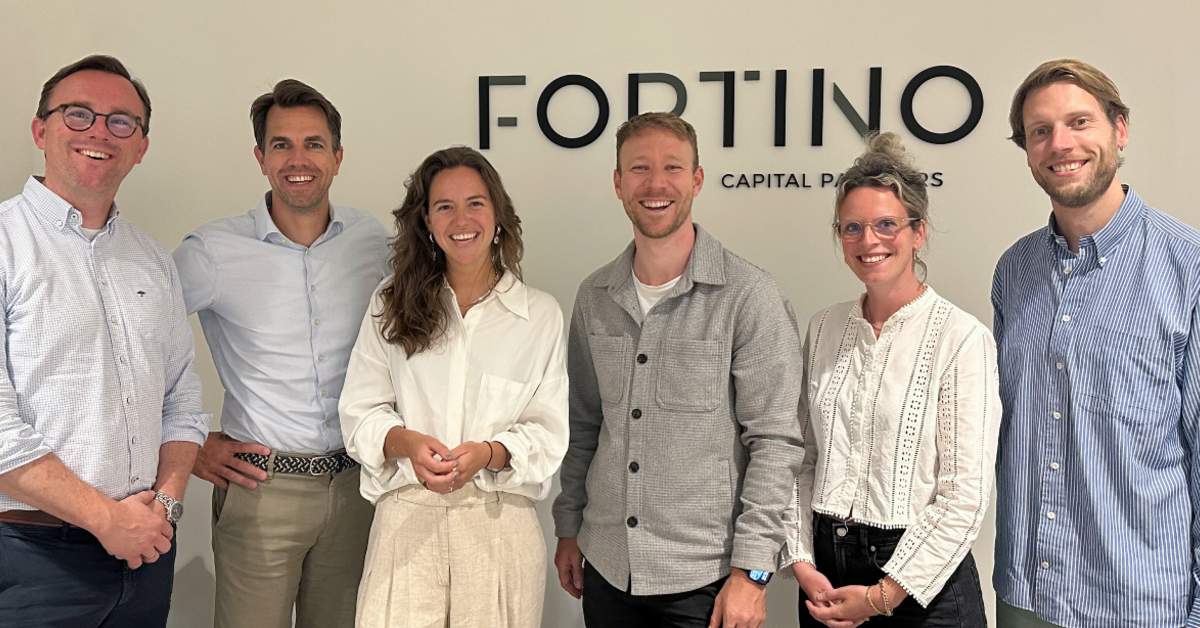
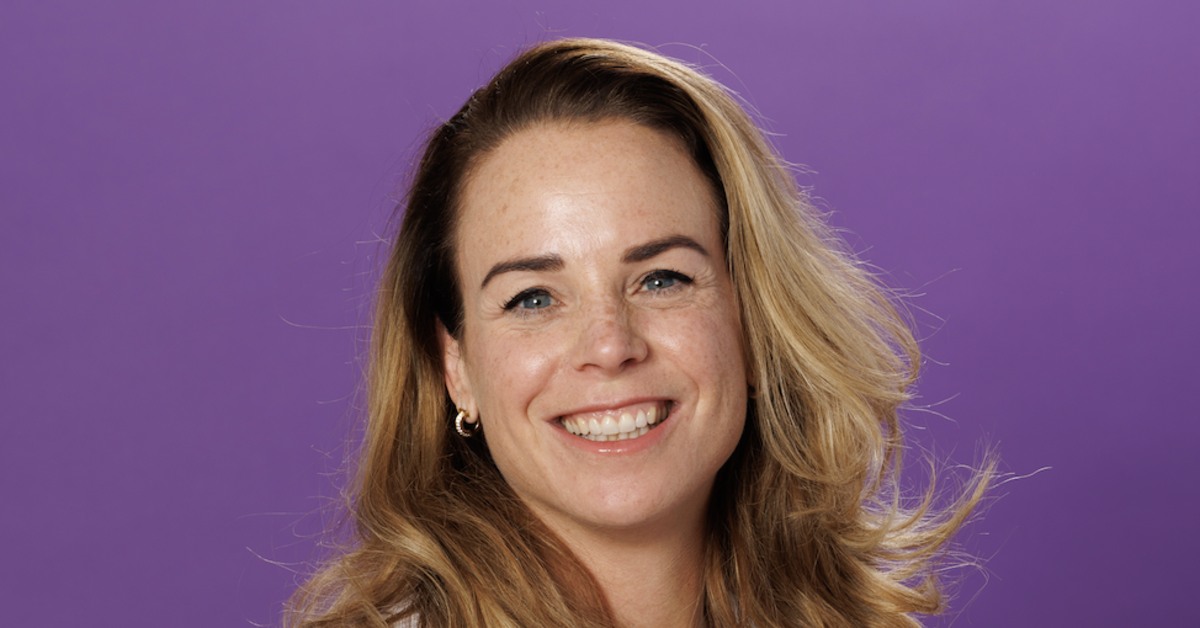

01
From telecom veteran to Dutch Startup Visa success: The Jignesh Dave story